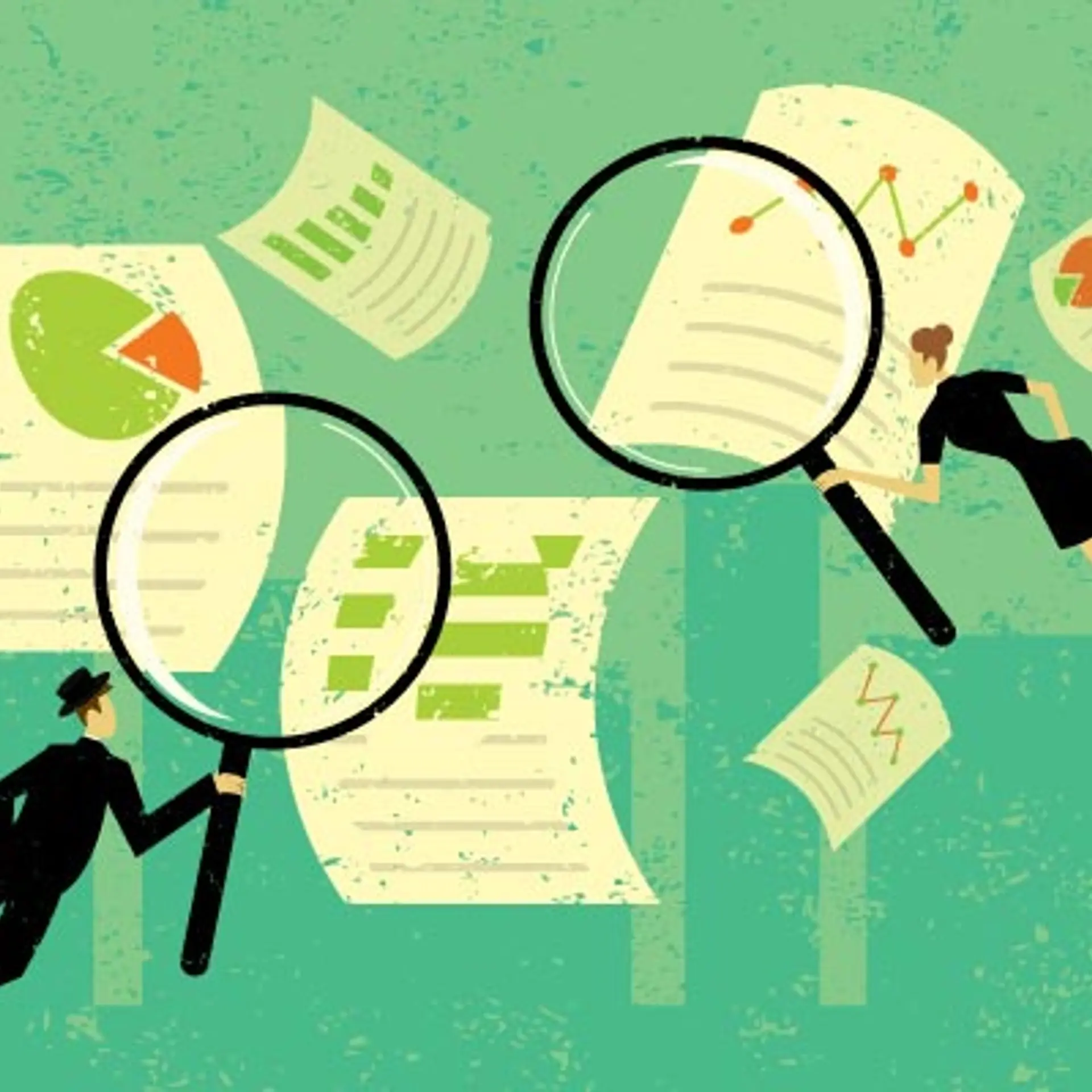Financial habits everyone must cultivate amidst the second wave of the pandemic
The devastating second wave of the COVID-19 pandemic has reiterated the need for us to organise our finances and plan for such unprecedented events. Make these financial habits a part of your life to ensure monetary wellbeing.
Wellbeing, whether it is mental, physical, social, or financial, is integral for humans to live fulfilling lives. Amidst our fast-paced lives, we often tend to neglect or procrastinate doing self-introspection to ensure our wellbeing.
The COVID-19 pandemic has upended our lives and disrupted all kinds of wellbeing. At the outset of the crisis in March-April 2020, several people faced salary cuts or job losses, putting a strain on their financial health.
While those habituated to planning and organising their finances could sustain slightly longer, those in the lower-income segment and lived on a paycheck-to-paycheck basis have struggled to make ends meet.
Even as things began to settle and people began to recover, the devastating second wave of the pandemic hit in mid-April 2021. This has once again reiterated the need for us to organise our finances and plan for such unprecedented events. However, making important financial decisions even under normal circumstances can be stressful and complex. To break it down and help you tide over the current scenario, here are some key financial habits to cultivate.
Keep an emergency fund
This is perhaps the most important habit to cultivate to ensure financial wellbeing. An emergency fund is merely a type of savings. When people think of savings, they usually have an end goal in mind – retirement, vacation, college, etc. However, an emergency fund is something that is simply to have a fallback in times of need.
An indispensable safety net, emergency funds can cover unexpected expenses including medical bills, and keep you from going bankrupt in the event of a salary cut or job loss. Ideally, as a rule of thumb, your emergency fund should be able to cover a minimum of three to six months of average household expenses.
You can take your current average expenses into account to gain a rough estimate whilst cutting back on entertainment expenses and other luxuries.
Regular reviewing of insurance
Reviewing your insurance policies – health and life - regularly is a must. In case you haven’t availed a medical or life insurance policy, now is the time to go for it. No other event can emphasise the importance of availing insurance covers other than a global pandemic.
Even for those whose organisations provide a certain degree of insurance covers, it is necessary to take a personal insurance cover given the rampant uncertainty – your current job may not be around, and your future employer may not have as good an insurance cover.
Regardless of your income, it is always recommended that you avail personal insurance and review or improve it as per your convenience, requirement, and affordability.
For instance, a salaried individual receiving an average salary of Rs 20,000-30,000 (assuming they are within the age of 30) can ideally opt for the following insurance premiums:

These insurance policies will not only protect you and your families in the current scenario but will also prove useful in the long run by safeguarding you from bankruptcy or falling into excessive debt.
Track your finances
Pandemic or not, tracking your finances will enable you to avoid overspending and keep your finances in good shape. With the dark clouds of uncertainty looming over us, it is now more important than ever to keep a tab on your finances and this doesn’t just include spending.
Savings, interest earned, investments, and expenditures hold equal importance in making up your financial wellbeing and it is vital to ensure you are aware of how much of your money is going where and for how long. This is also the perfect time to live on a budget and separate the “wants” from the “needs”.
It would bode well for you to go frugal on your expenses and cut down on non-essential items and increase your savings. Tracking your finances and living on a budget will ensure you aren’t left without a backing in times of need. Never lose sight of your financial goals. Continue working towards them while keeping in view your job and the economic volatility that currently exists.
The final word
In case the need to borrow arises, it is of utmost importance that you steer clear of informal sources of credit and opt for formal ones such as banks or NBFCs. Today, there are NBFCs that provide credit such as instant loans and advance salary loans digitally and all you need is to verify your details.
This may seem like a daunting time and organising your finances can seem to be a task that can afford to wait but it is quite the contrary. Getting your finances in order will go a long way in helping you sustain any unprecedented events in the future.
Last but not least, remember that we can overcome this grueling phase with determination, planning, and working meticulously even if all seems to be lost. As the renowned Scottish inventor, scientist, and engineer Alexander Graham Bell once said, “When one door closes, another one opens.”
Edited by Teja Lele
(Disclaimer: The views and opinions expressed in this article are those of the author and do not necessarily reflect the views of YourStory.)








